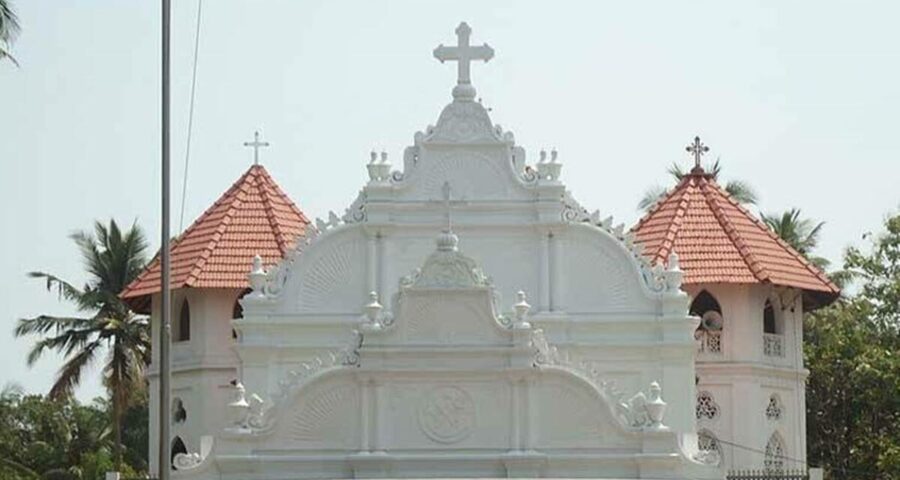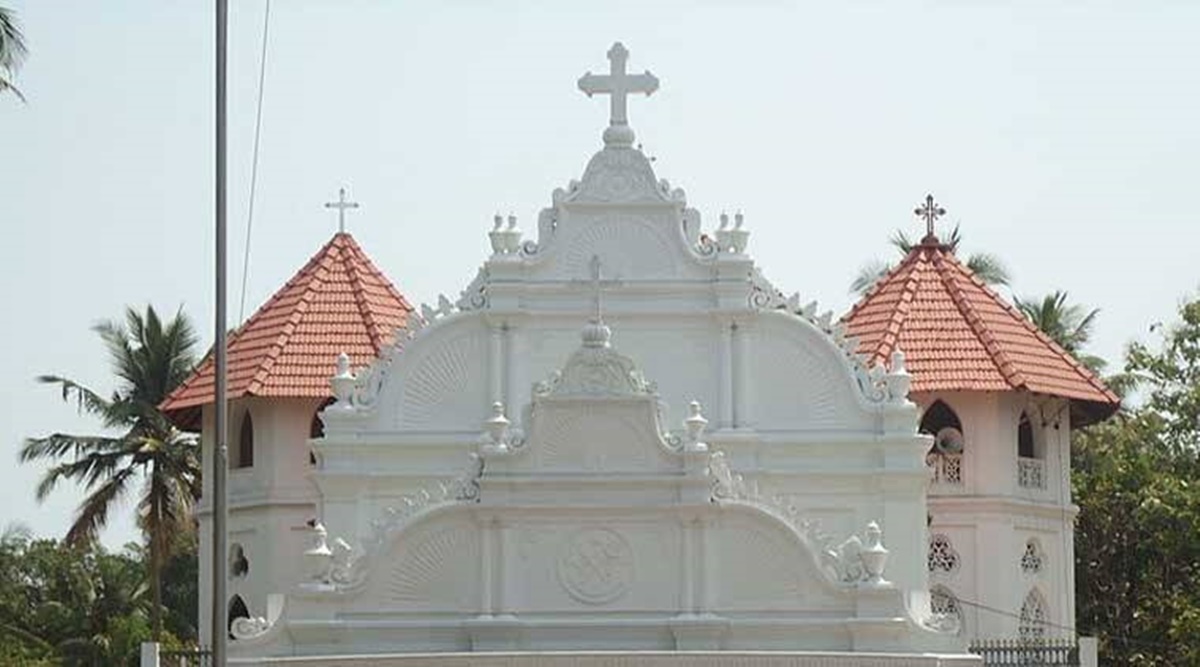A top source in TNBC said Pope Francis had been receiving several complaints from Tamil Nadu and Kerala about corruption and other serious aberrations in the lives of clergy.
The Apostolic Nunciature in India — the Vatican’s envoy to New Delhi — has issued a strongly-worded message to the Tamil Nadu clergy, asking it to stay away from holding positions in independent trusts and NGOs, saying that they become “financial and political power bases for the priests involved”.
The directive to the Tamil Nadu Bishops’ Council (TNBC) has called for corrective and regulatory measures from bishops to ensure that the clergy is not associated with standalone trusts or societies without the consent of the diocesan ordinary.
The Apostolic Nunciature’s intervention, issued on October 8, gains significance as the Church, especially in South India, has been facing challenges from within — top priests are facing sexual harassment charges, while some are accused of corruption or collusion with political powers during polls.
The Apostolic Nunciature’s message quoted Canon Law 286, which says that “clerics are prohibited from conducting business or trade personally or through others, for their own advantage or that of others, except with the permission of legitimate excclesiastical authority”.
Following the directive, several Tamil Nadu bishops have already asked the clergy to close or detach themselves from independent trusts and similar entities.
A top source in TNBC said Pope Francis had been receiving several complaints from Tamil Nadu and Kerala about corruption and other serious aberrations in the lives of clergy. “In Tamil Nadu, there happened to be some priests who aspire to control the church, lobby for bishop posts and even use their political and money power to bully serving bishops for vested interests,” the source said.
There are mainly two types of clergy in the Catholic church — religious and diocesan. The Apostolic Nunciature’s directive has been aimed at the diocesan clergy, whose vows are only for the obedience to the local bishop, unlike the religious clergy — Jesuits, Capuchins or Missionaries of Charity, who take vows of obedience, chastity and poverty.
“The diocesan, unlike religious clergy, are allowed to have private bank accounts or even own property. This is being misused by a few individual priests by running trusts and NGOs. There are such individual priests who even intimidate and bully local bishops by using their money power from such independent trusts,” said the TNBC source.
One of the cases that allegedly irked the Vatican was at the Diocese of Kotar, in southern Tamil Nadu, where a former bishop faced allegations over a trust he floated to start a medical college by raising funds.
Later, when the new bishop came to take charge, he claimed it was his private trust. The medical college project, however, never took off. Another case involves a priest in Tirunelveli who emerged as a political leader of a Tamil nationalist party and addressed political gatherings wearing the cassock. Yet another priest had been arrested for hate speech.
Source: Read Full Article


